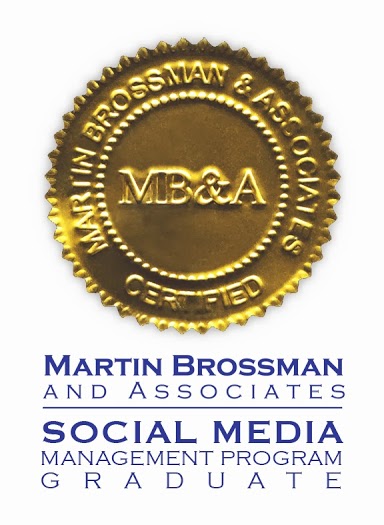Today’s post at Productive Flourishing, Charlie Gilkey’s blog about productivity, was written by Ali Hale, who gets paid to write blog posts. She writes about a woman’s approach to the Cult of Productivity, in which everything is counted and optimized, often at the expense of experiences that don’t quantify well. Ali suggests (excessive) “counting” is a masculine approach to productivity. Certainly, counting is a left-brain skill.
I like to count; I feel a little better when I start a week with fewer items on my to-do list (287 this week) than the week before (316). I also recognize sometimes I will manipulate the numbers by not adding items to the list until I do the weekly clearing of completed items. This would be cheating if I were a public company. I counted LOC (lines of code, a unit of measure in the software industry) for years.
I’m all for maximizing the use of my time, and I regularly (and somewhat legitimately) multi-task. Much of what was traditionally “women’s work” (sewing, knitting, housework) supports concurrent conversation. OTOH, one story has stuck with me for several years:
A young boy gave a report at school:
If you (do this productivity thing) regularly, you’ll save fifteen minutes a day, and at the end of the year, you’ll have an extra 3 1/2 days saved up!*
Even though most of us in the personal productivity trade will argue that “time compounds,” we all have to admit that saving time doesn’t work quite the same way saving money does.
But I do catch myself verifying. For example, is flossing worth it? When the payoff for regular flossing was a bit less time with the hygienist, the long-term benefit wasn’t so clear. When a friend died of a heart attack, very young, and I knew dental problems may have been a factor, I rethought the equation.
Allow one minute a day for flossing.
365 x 1 minute x (50 years**) = 18250 adult lifetime minutes = 304 hours = 12.6 days.
Lost time recovering from major heart surgery***:
At least 3 months for the patient alone, not counting time lost by the family.
Flossing is the more productive use of time.
*Both Andrew Tobias and StoryPeople have been asked if they are the source of the story and denied authorship; I’d love to know who wrote this story.
**Allowing that many people have that “wake up and smell the coffee” moment around age 30.
***While once-a-day flossing is “good enough,” the equation works even for people who floss three times a day. There’s no guarantee that a person would only have one major cardio-surgery in a lifetime.



Thanks for the link to my piece! I think multi-tasking is fine in many cases – when I’m cross-stitching, I listen to audio or chat to my fiance, for instance. When I’m exercising (not so often as I should!) I listen to music. And so on…
However, I do think there are occasions where mono-tasking or uni-tasking is necessary in order to be truly productive – ie. to finish fast and to get a great result. If I’m writing a blog post, I can’t really multitask: I’m either writing OR I’m checking Twitter OR I’m emailing. Even having music on can sometimes stop my writing from flowing well.